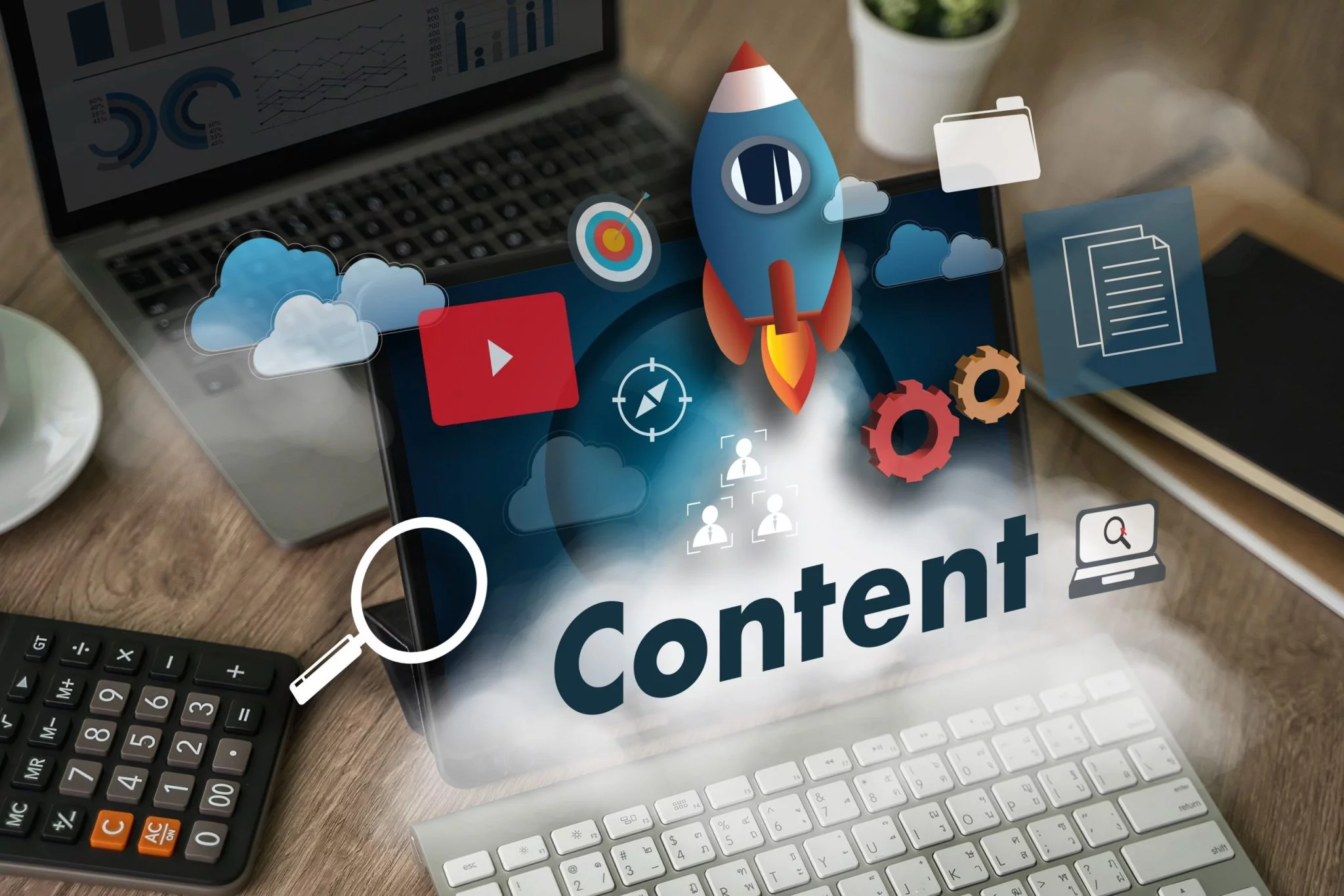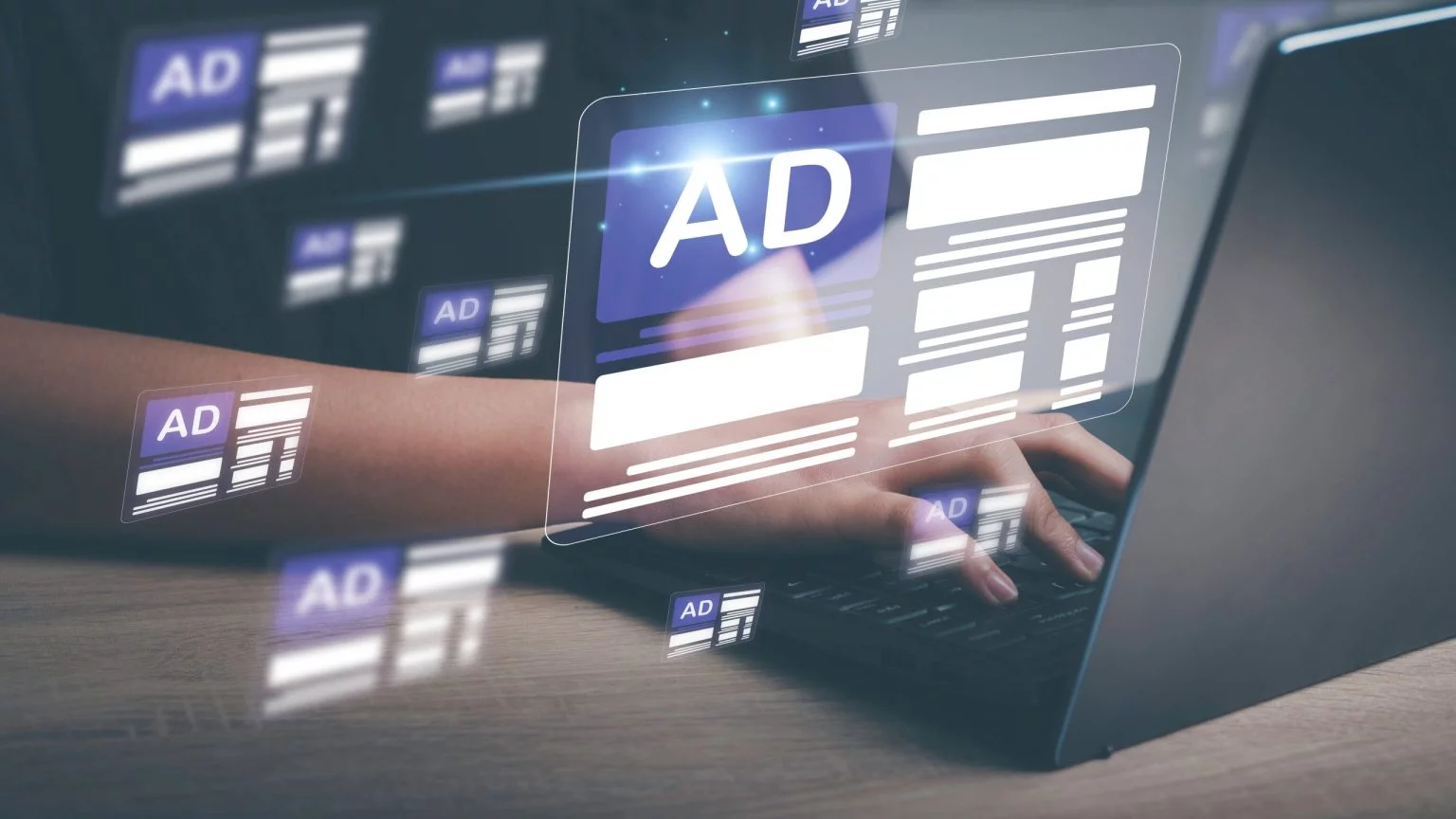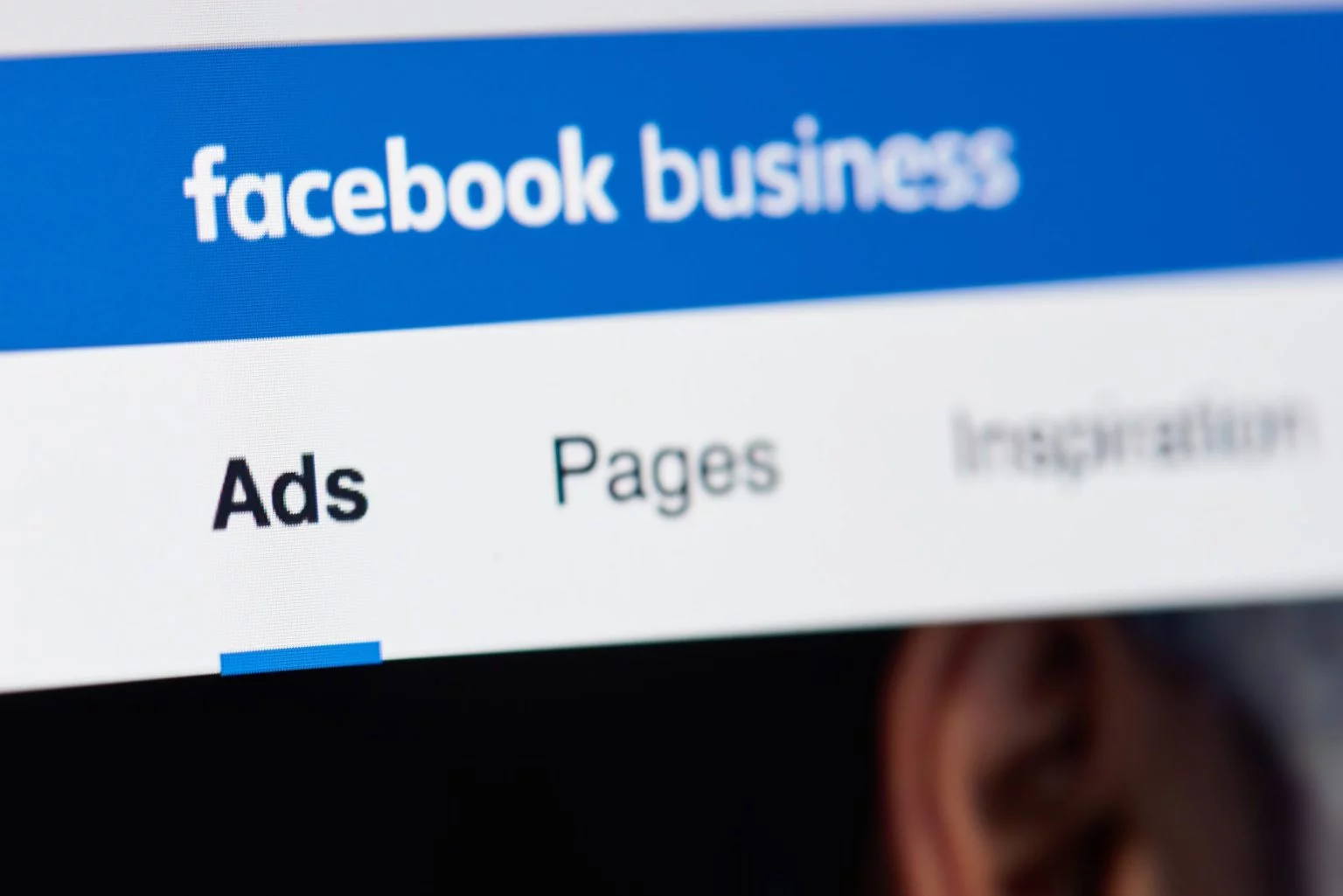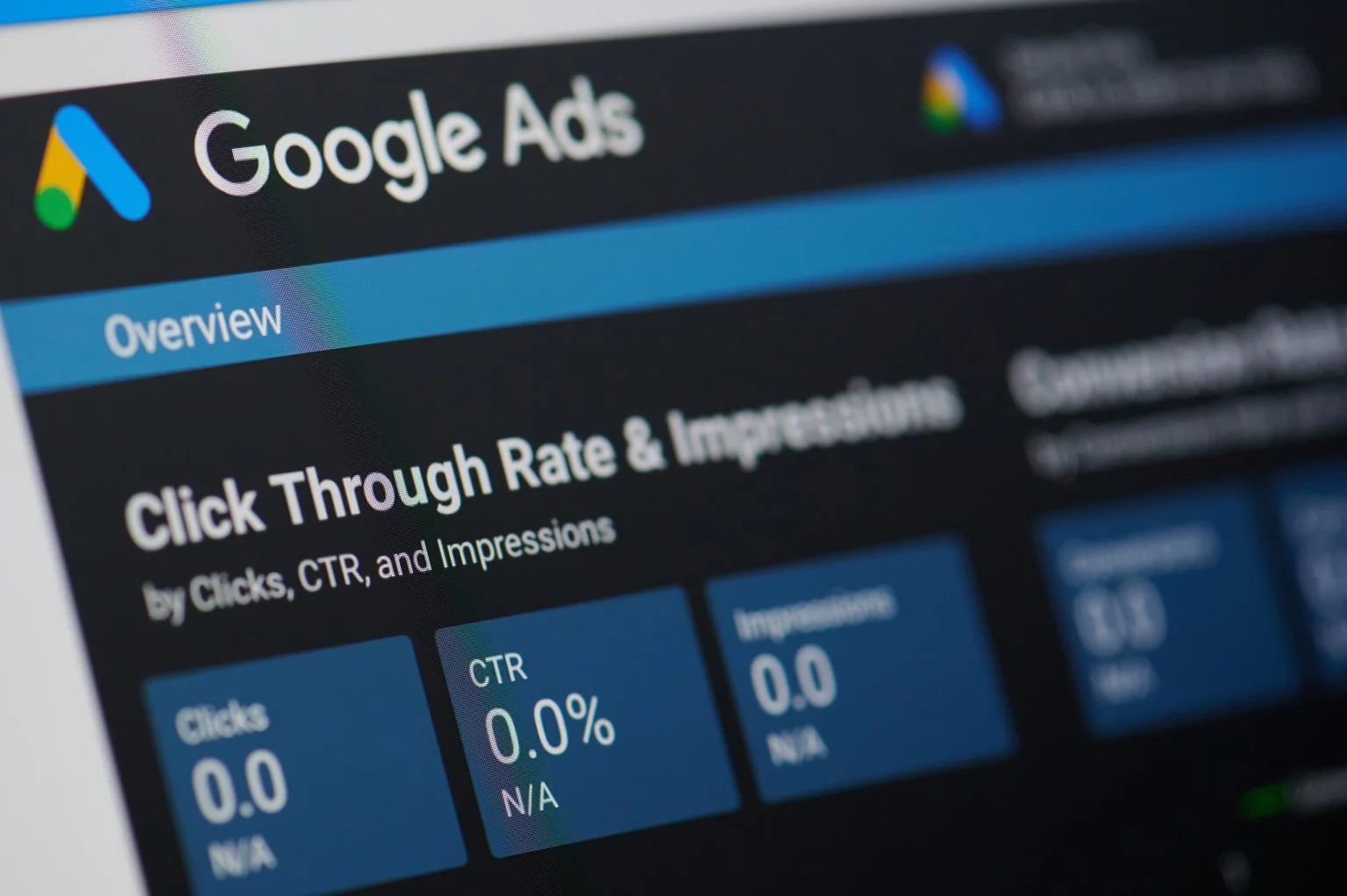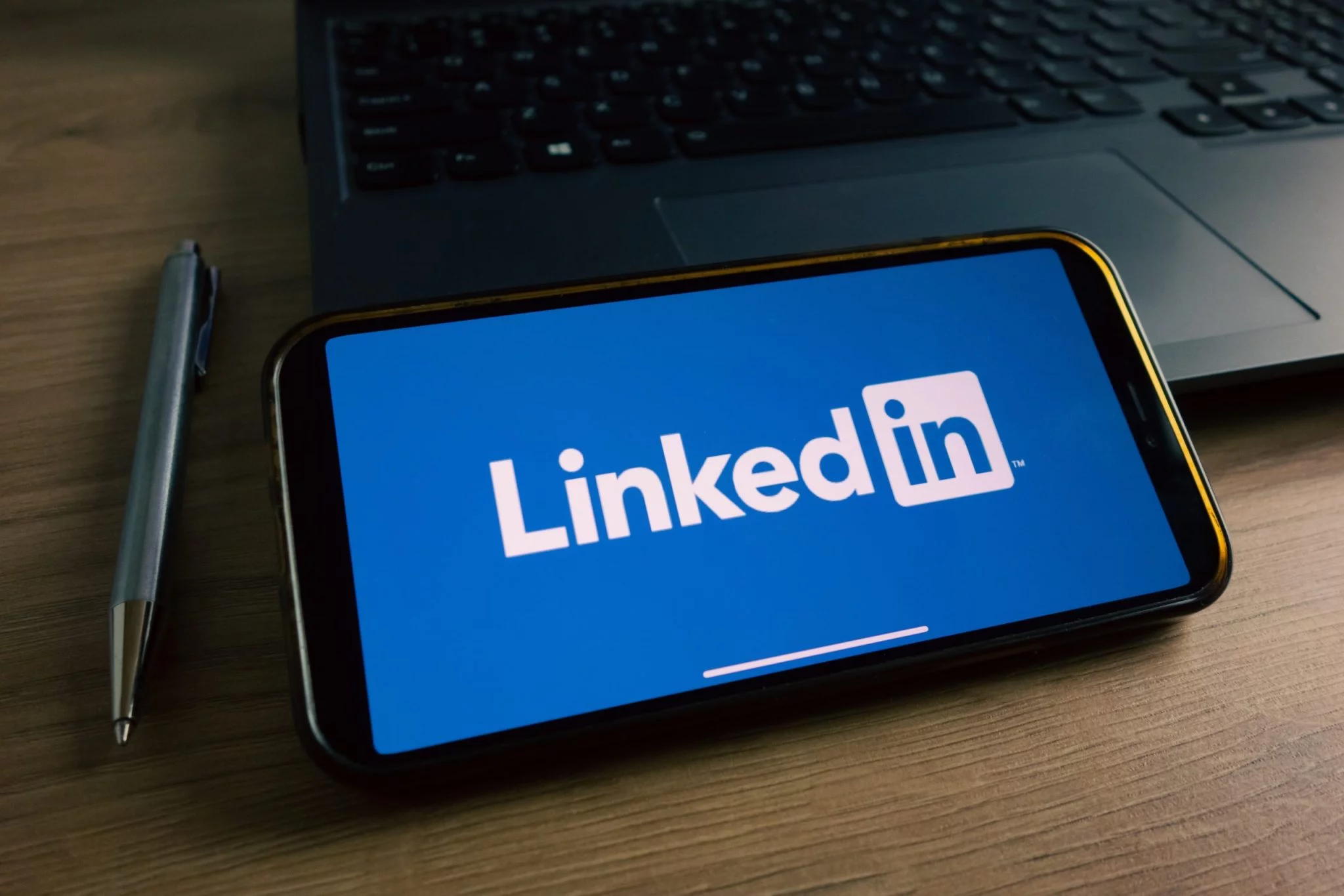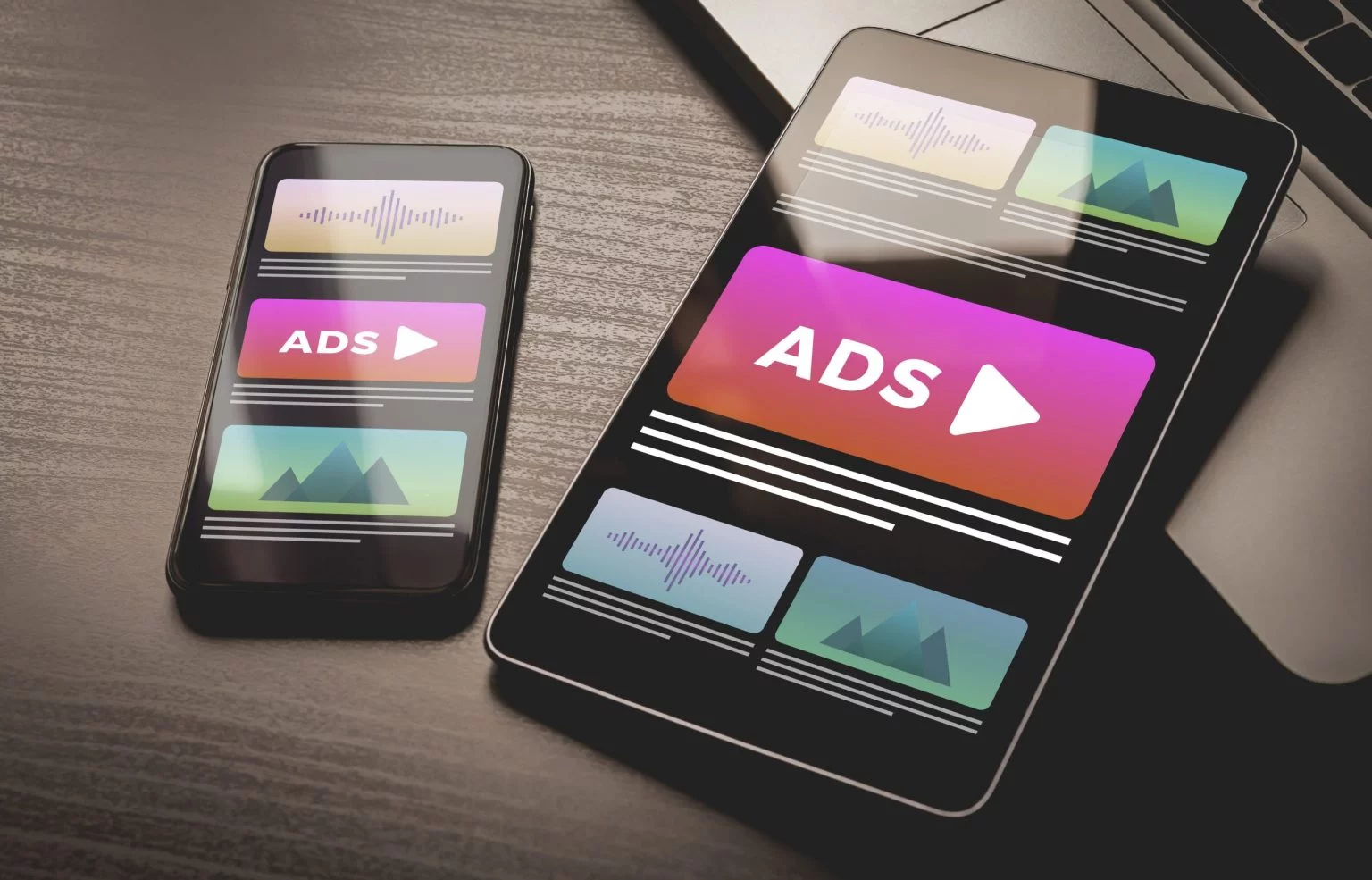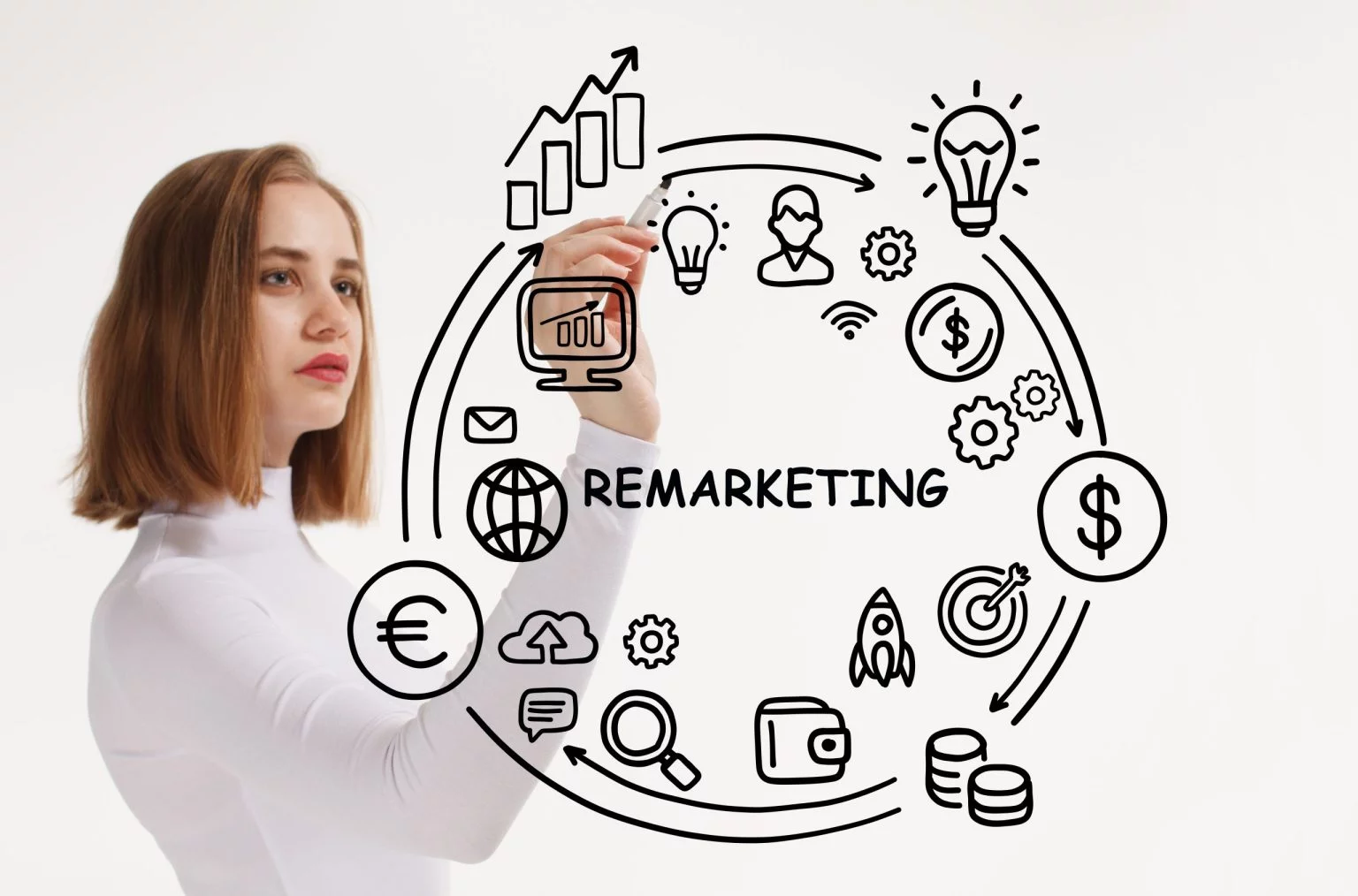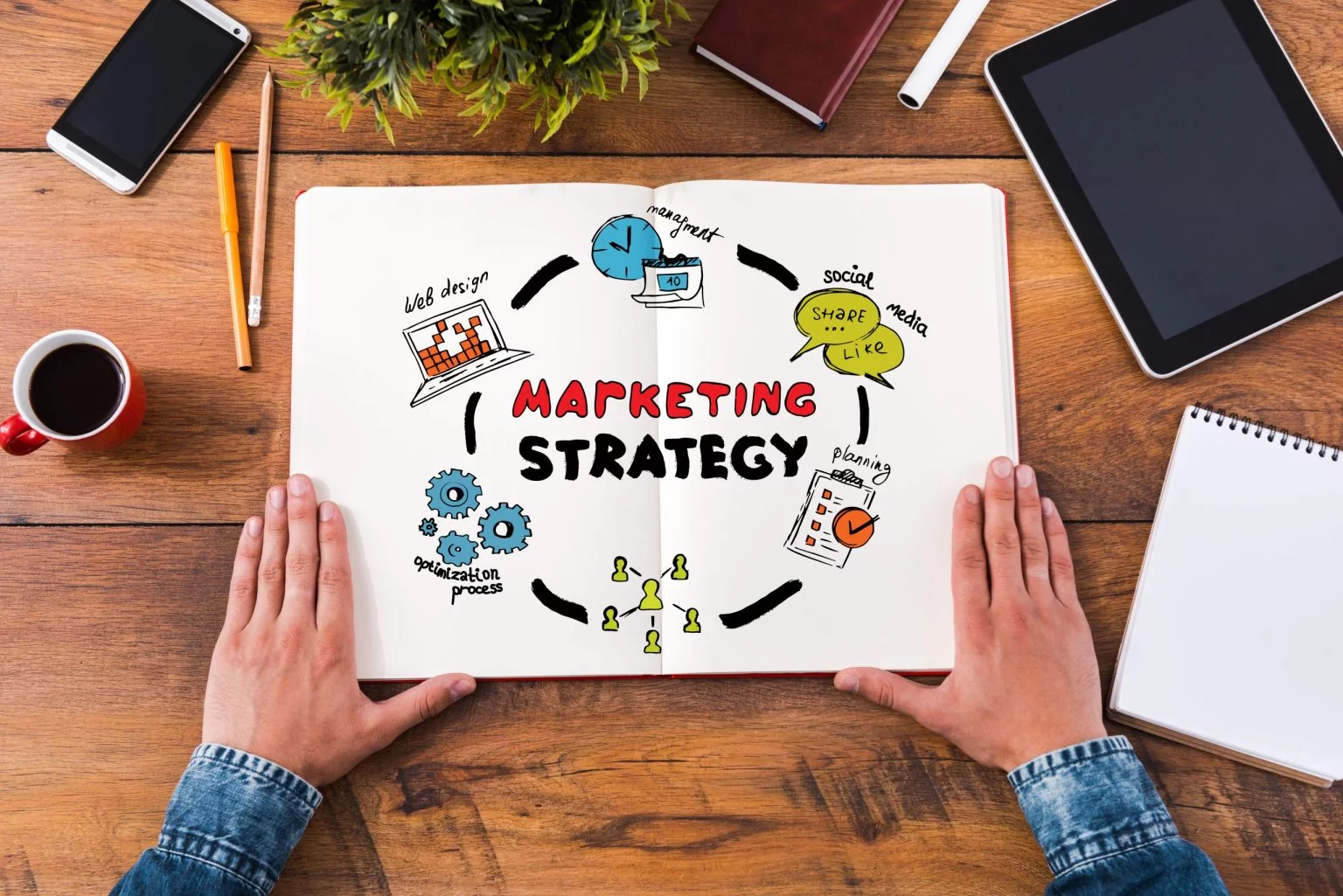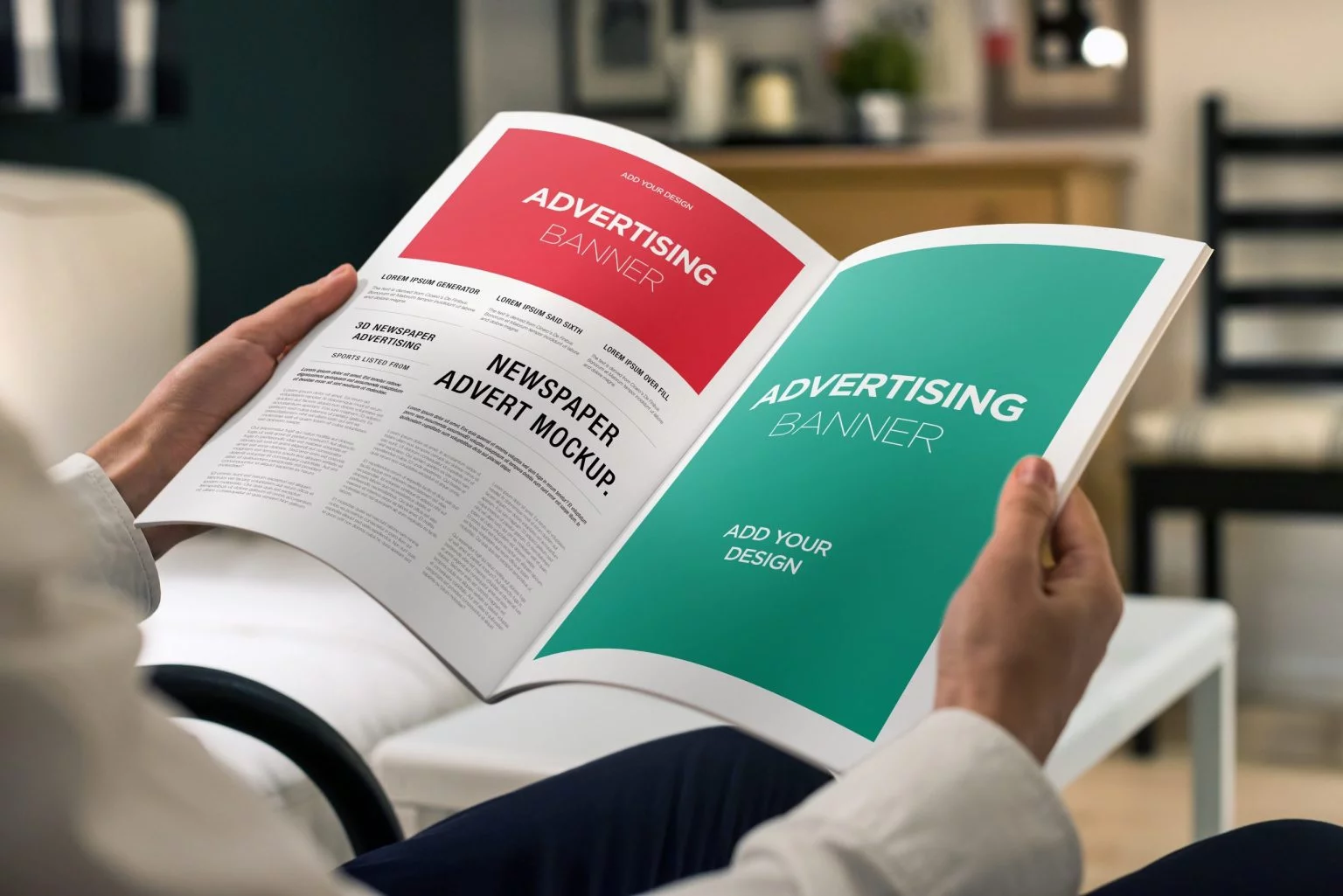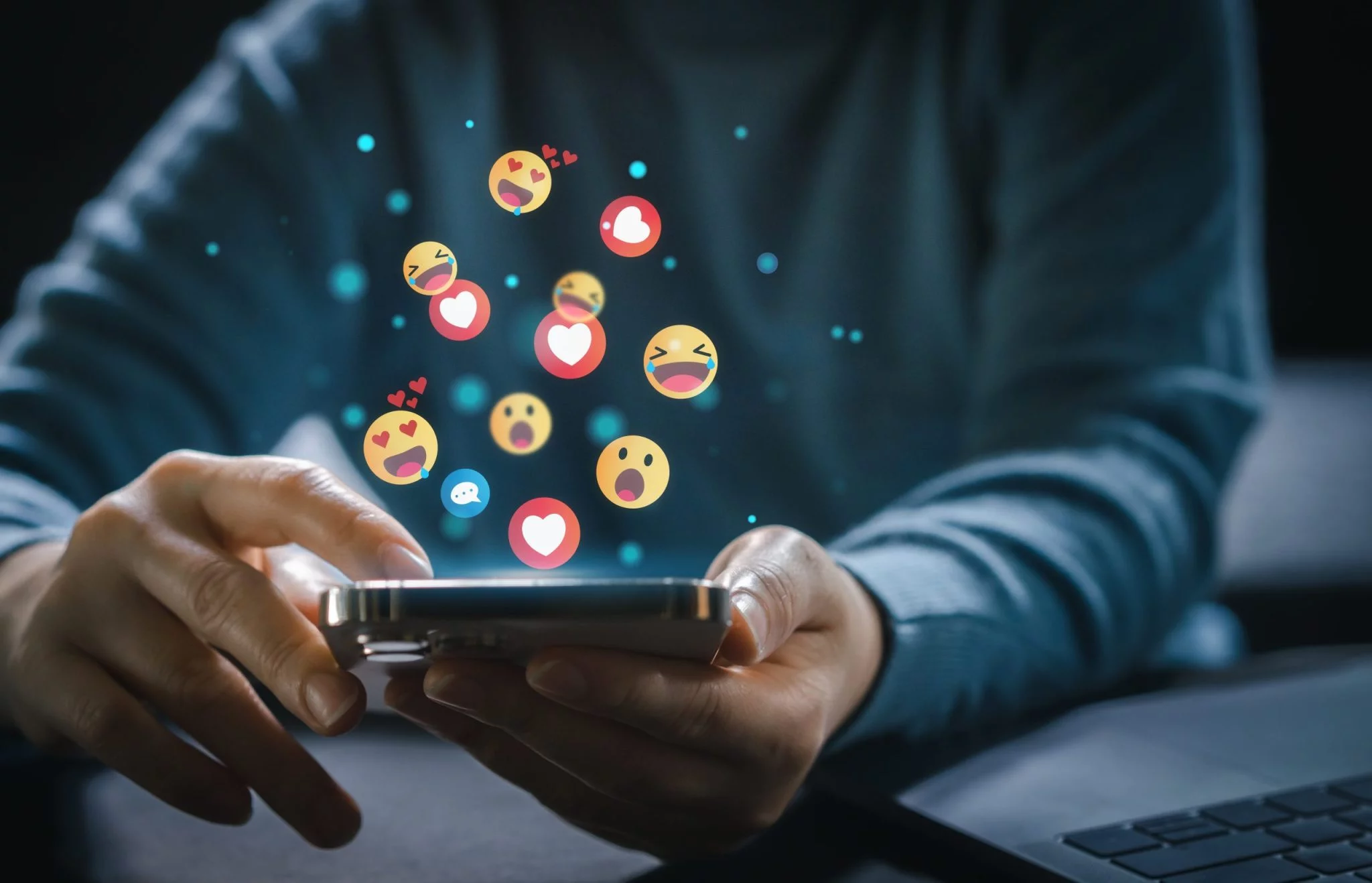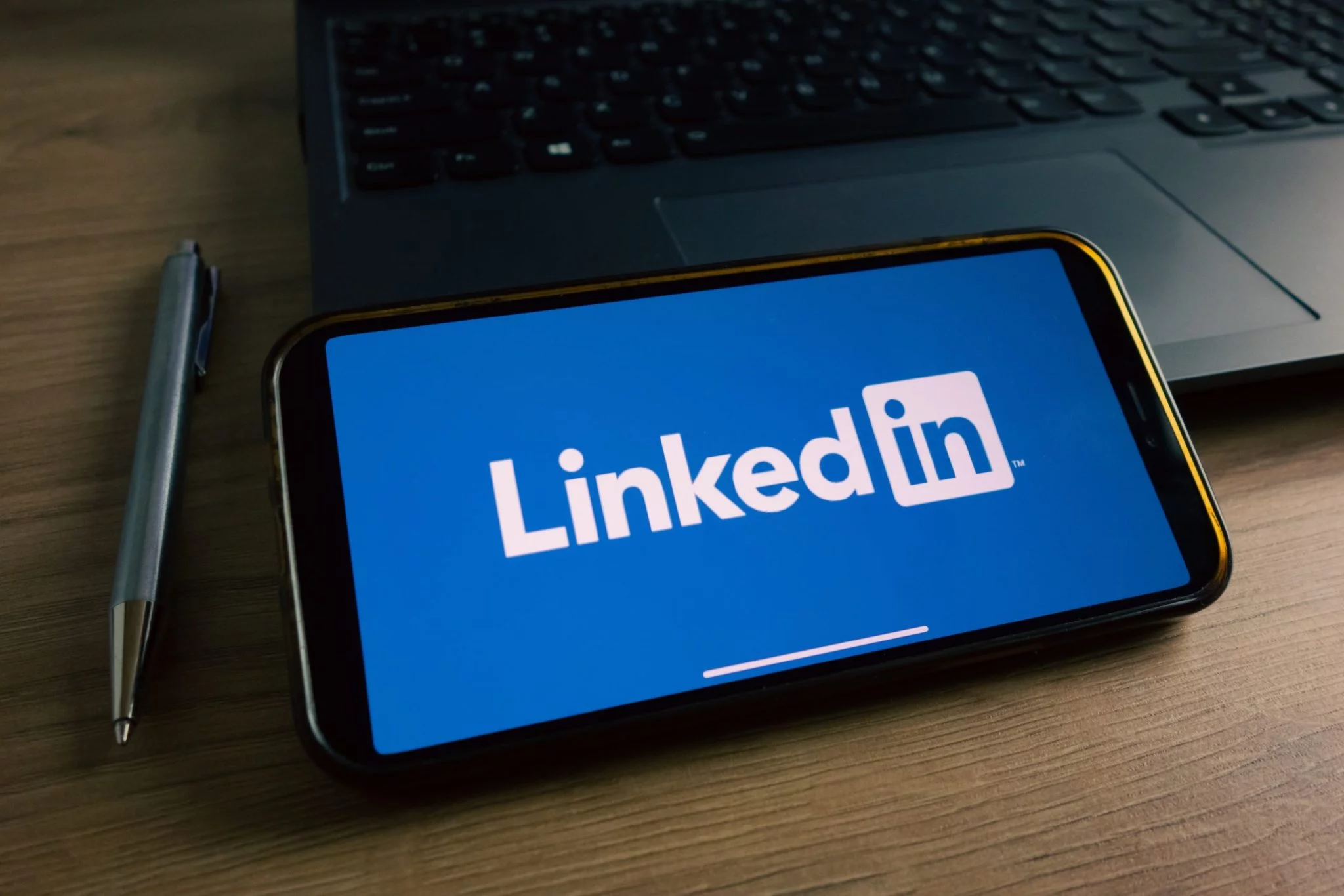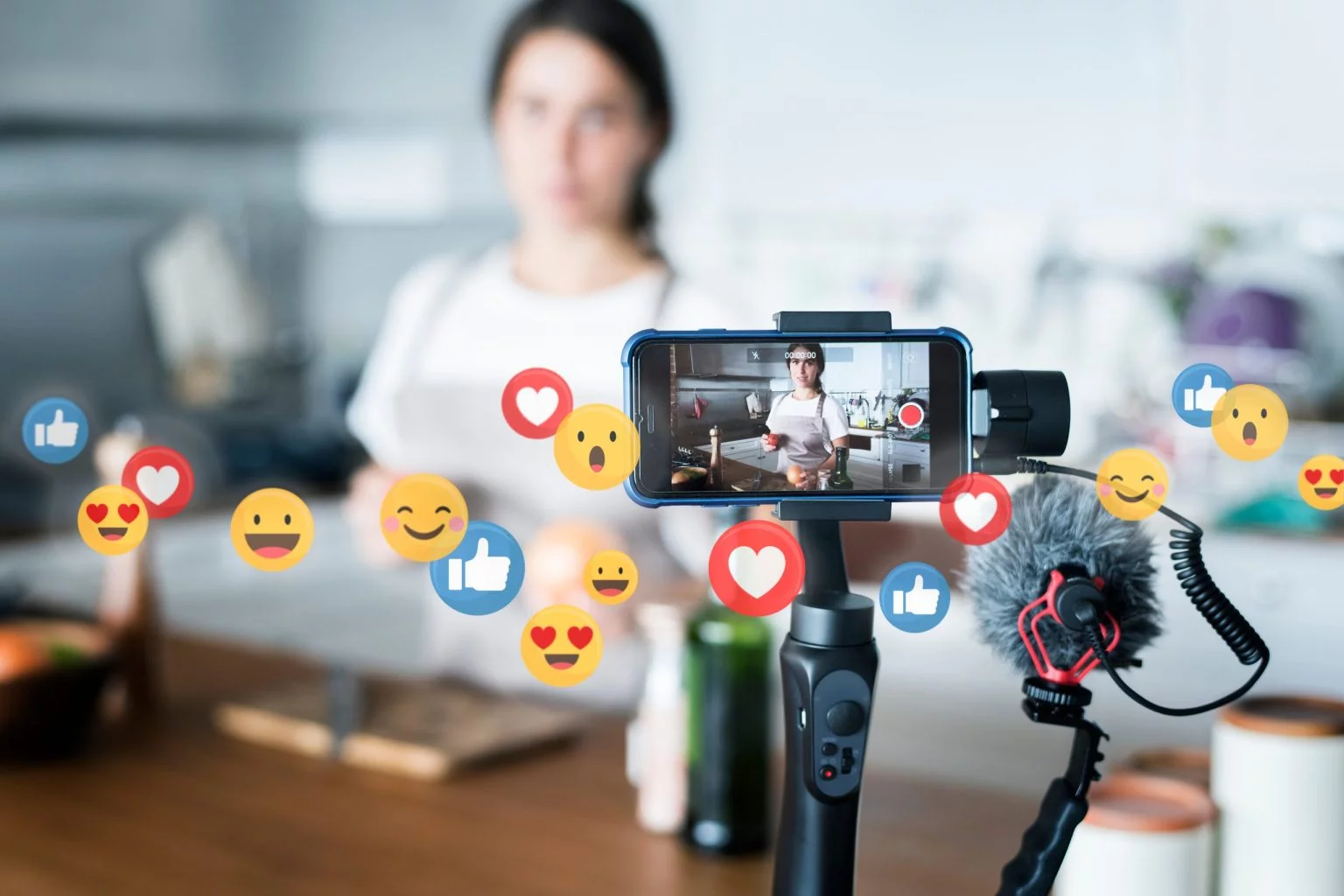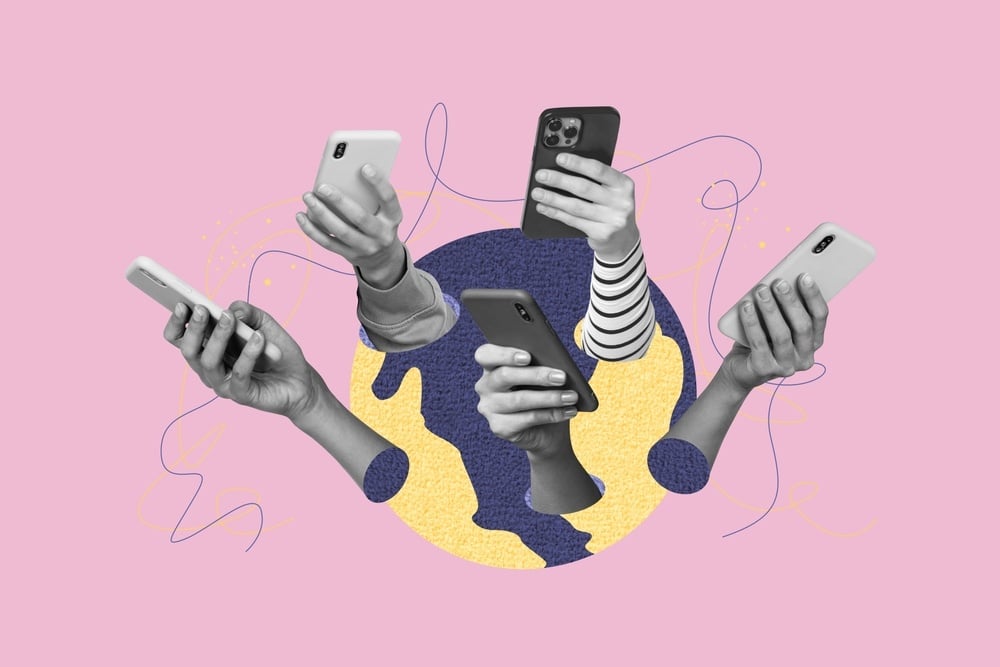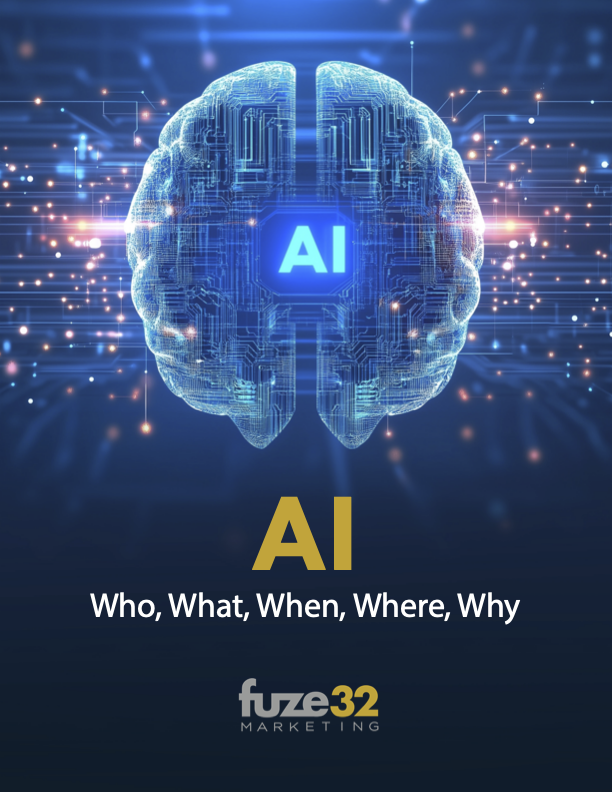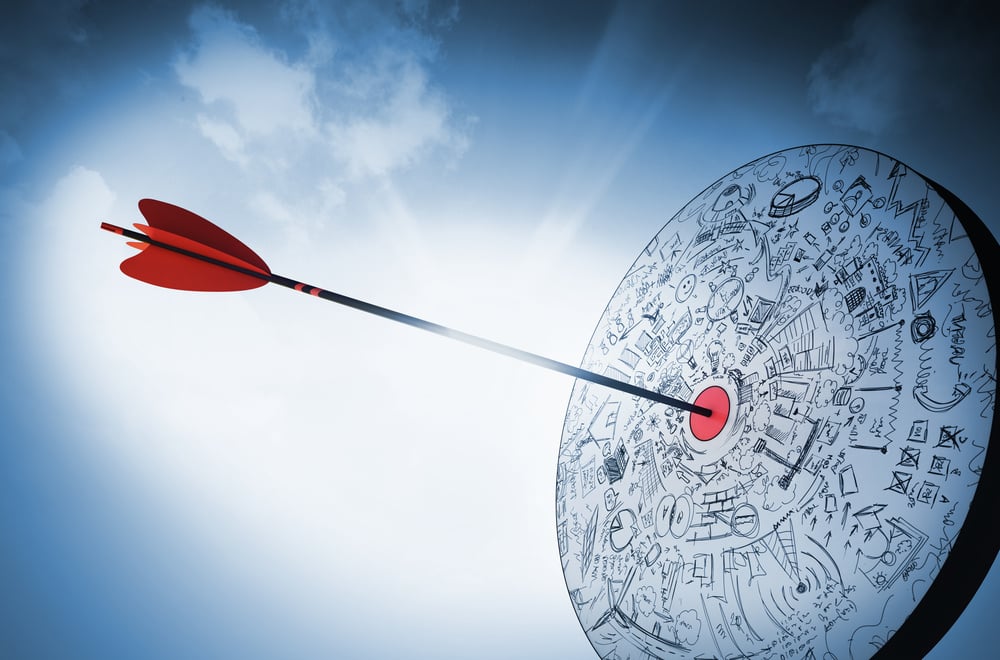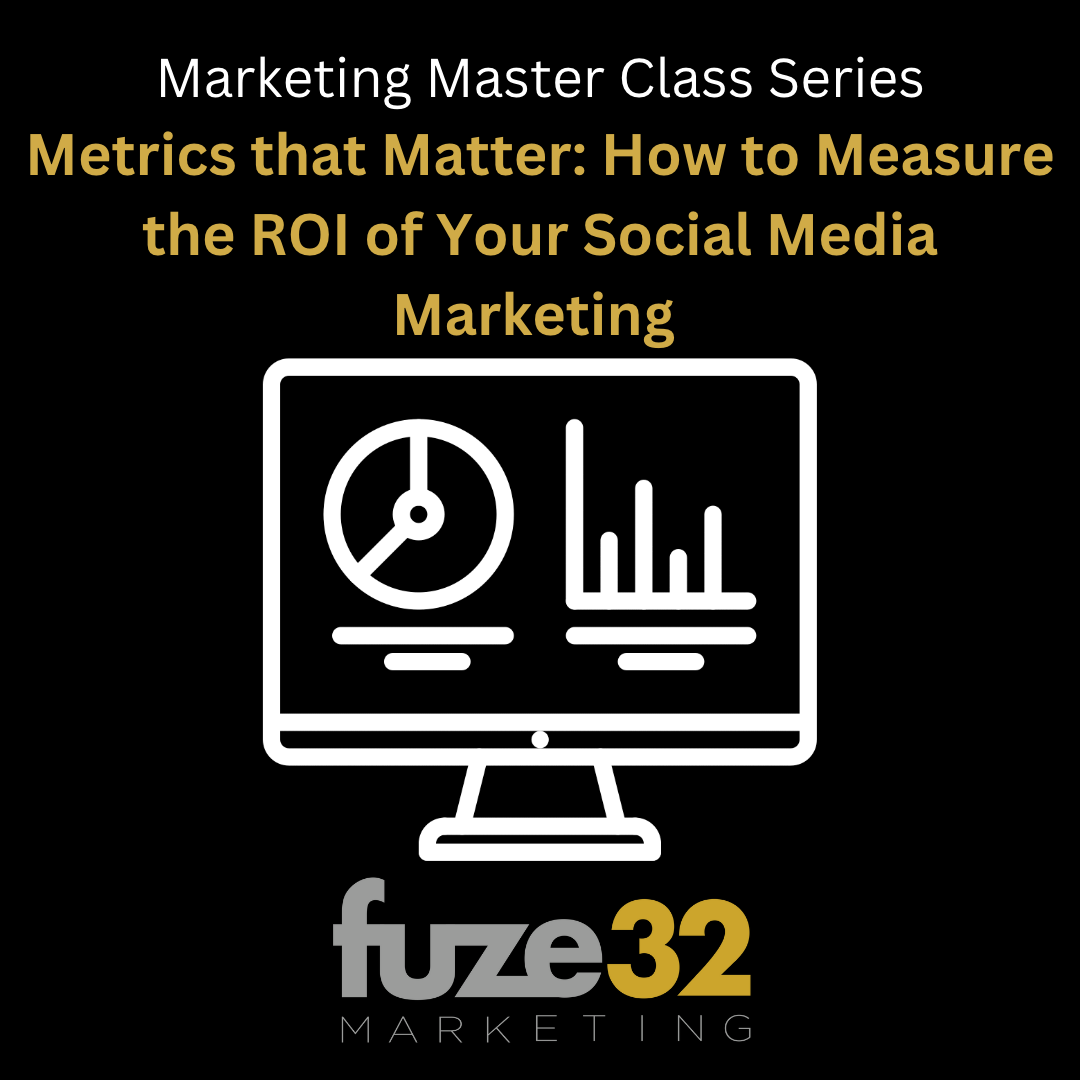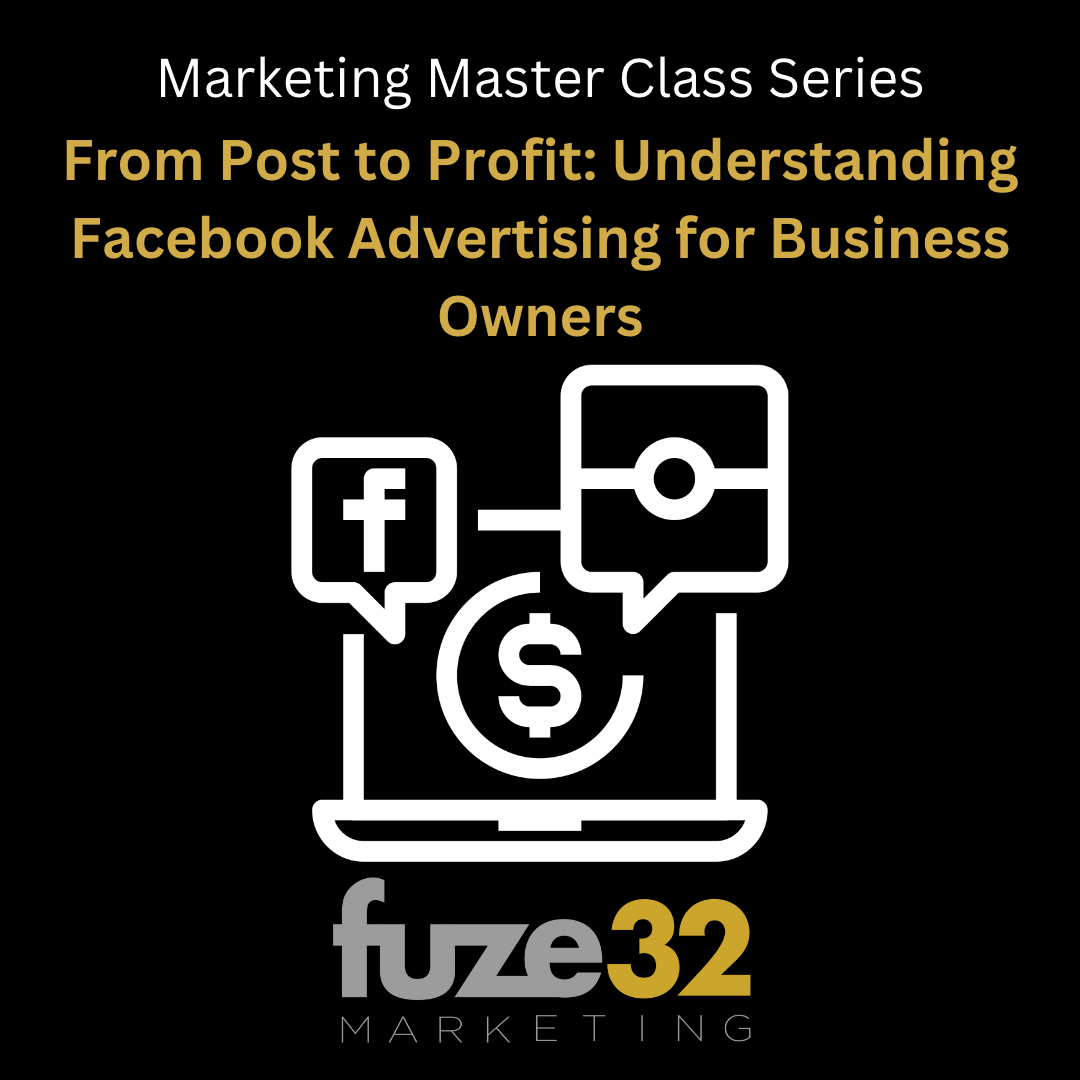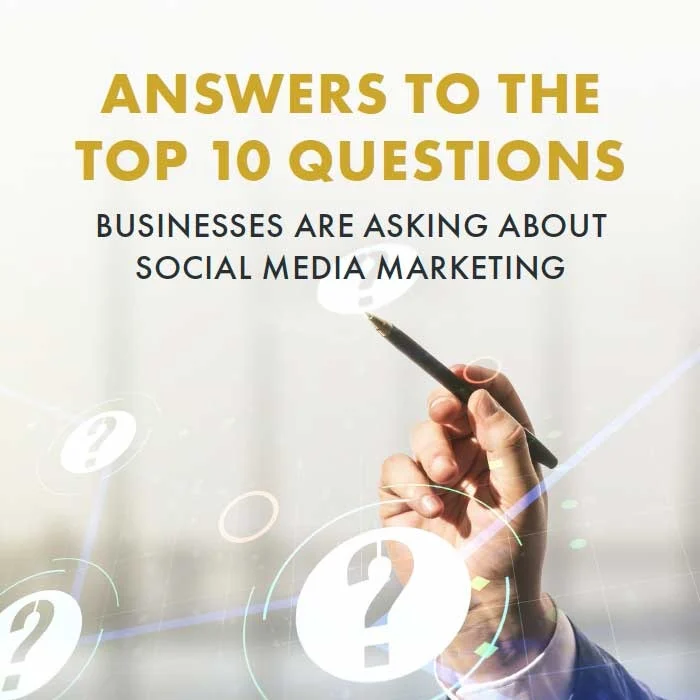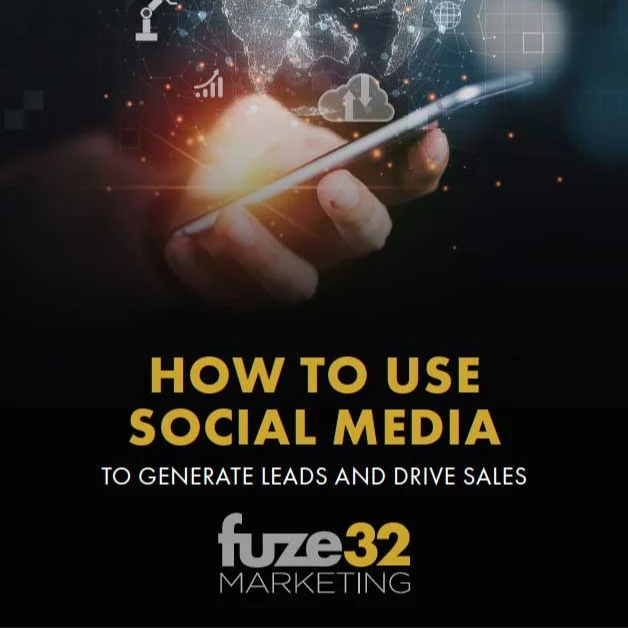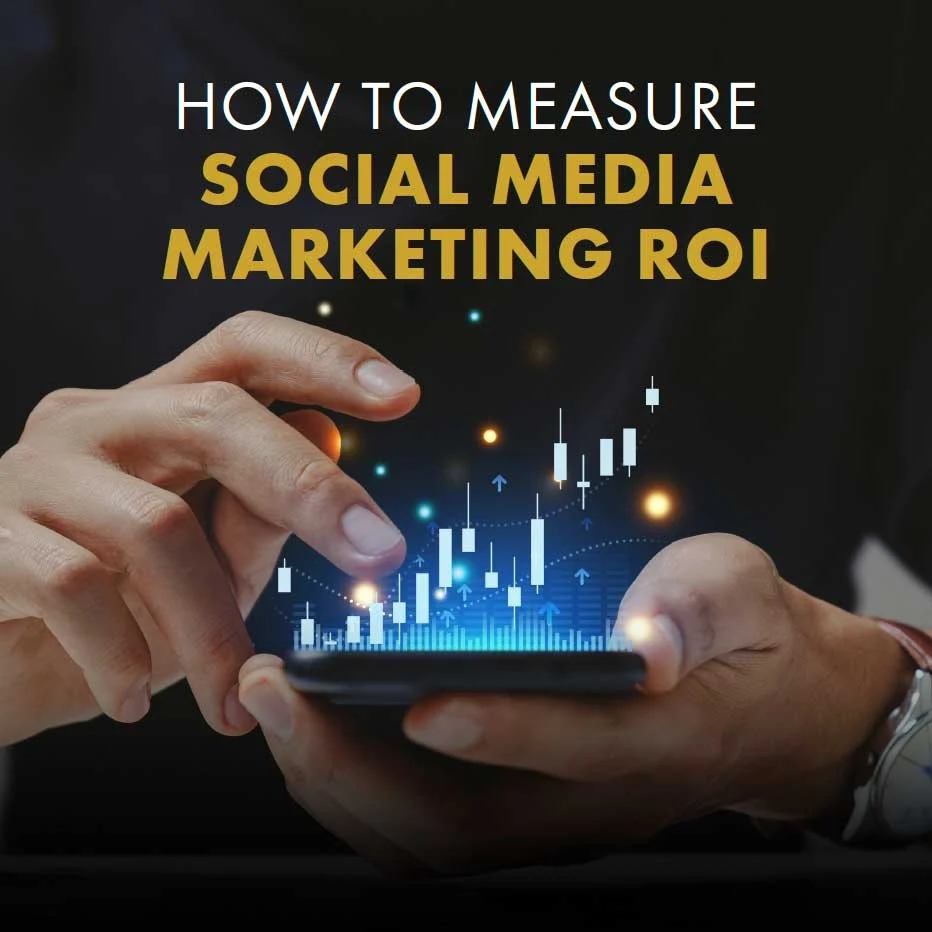The integration of Artificial Intelligence into digital marketing has sparked both excitement and concern among professionals in the field. Recent data reveals that over 80% of industry experts use AI within their online marketing activities. And the more we use it, the smarter it gets daily, like a super-powered machine. This rapid evolution has led to a transformative shift in how businesses handle marketing strategies, customer engagement, and analytics.
However, despite the simplification of tasks, trend forecasting, and process automation provided by AI tools, some marketers remain skeptical: could this be the beginning of the end for human creativity in the marketing industry? In this blog post, we will delve into the impact of AI on digital marketing and explore its benefits and potential downsides.
AI Technology in Digital Marketing
Before we can gauge the impact of AI on digital marketing, it's important to clarify what we mean by AI. In the marketing context, it refers to technologies that can collect and analyze vast amounts of data, recommend content, and predict consumer behavior, among other abilities. At its core, AI seeks to understand patterns within massive datasets to automate and optimize marketing strategies.
AI-driven digital marketing stands on two fundamental pillars—data and automation. With AI's analytical capabilities, businesses can get insights from consumer data at a scale and speed impossible for humans alone. You can use these insights to personalize customer experiences, segment audiences, and achieve a high level of precision in campaign targeting.
Upsides and Downsides of AI Adoption in Marketing

Upsides
- Personalization: AI enables marketers to deliver highly personalized experiences to consumers. It analyzes vast amounts of data, and tailors content and recommendations accordingly. These capabilities form the backbone of data-driven marketing strategies and enable businesses to make informed decisions that resonate with their target audience.
-
Efficiency: AI automates tedious and repetitive tasks. It creates extra time for marketers to focus on important creative tasks. This not only improves efficiency but also reduces the chances of human error.
- Better Insights: AI is not just a powerful tool for understanding the present but also for predicting the future. Marketers use predictive analytics based on past data to anticipate future trends and behaviors. This allows them to make more informed decisions and adjust their strategies accordingly, improving ROI.
- Real-time Optimization: AI-powered tools can constantly monitor and analyze data in real-time, allowing for quick adjustments and optimizations to marketing efforts. This feature ensures that campaigns perform at their best and deliver the desired results.
Downsides
- Data Privacy: AI relies heavily on data collection, which has raised concerns about privacy and security. Marketers must guarantee transparency regarding their data collection practices and comply with regulations to avoid backlash from consumers.
- Limited Creativity: Although AI can automate tasks and help with decision-making, it cannot replace human creativity. Relying on AI too much may lead to marketing content that lacks originality and a unique human touch. This can result in a disconnect with customers and potentially harm relationships.
- Ethical Implications: AI raises important ethical questions, especially when it comes to privacy and consent. Marketers using AI must tread carefully to ensure transparent data practices that respect consumer rights. It is crucial to verify that the AI solutions used by your business adhere to data protection and privacy laws.
- Data Quality: AI in digital marketing depends on data quality for accurate decision-making. Inaccurate or biased data inputs can lead to flawed insights and misguided marketing strategies. This emphasizes why it's important to monitor and validate data sources.
Recognizing AI as a Helper, Not a Replacement
Whether AI is a blessing or curse in digital marketing depends on how you use it. It's essential to recognize that AI is not a replacement for human creativity. It is a powerful tool to aid marketers in their decision-making processes. By leveraging AI technology responsibly and ethically, you can create genuine, emotionally engaging campaigns that effectively reach your targeted audience. At Zimmer, we know that striving for a harmonious blend of data-driven strategies and the human touch is the key to unlocking success. This balance helps build meaningful connections with consumers and achieve long-term success in the digital marketing field. So rather than seeing AI as a curse, we should embrace it as a blessing that can help us elevate our marketing efforts to new heights.
Are you a business owner or a marketer exploring the realm of AI for digital marketing? We’d love to hear about your experiences, challenges, and successes.



.webp)
